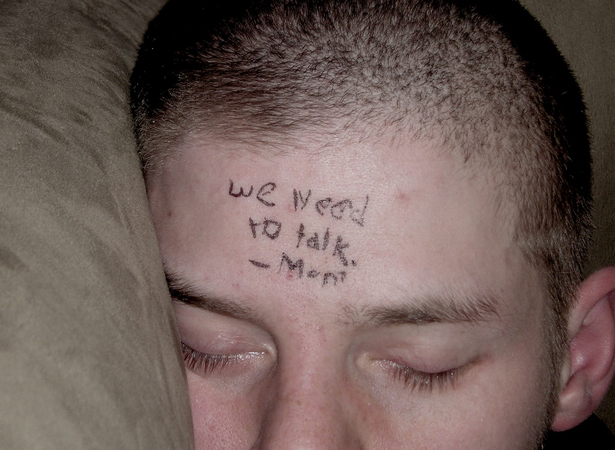Welcome to the new and improved e-flux conversations! The site is redesigned by Alan Woo, and art critic Karen Archey has come on board as Editor. We’re working together to create new content models—think the perfect blend of blog and message board—to host the most urgent artistic conversations of the day. Using a hybrid editorial model, this open forum allows for participation from any user as well as specialized discussion moderated by a rotating cast of invited contributors. We want to be the place where a Beijing art student can chat with Charles Esche. For more information on e-flux conversations, check out Andrew Russeth’s short text on ArtNews.
Our special contributors this month are David Hodge and Hamed Yousefi. They’re hosting discussions on New Historical Materialisms, Claims of Radicality in Contemporary Art, and newly, Paranoid Subjectivity and the Challenges of Cognitive Mapping – How is Capitalism to be Represented?. Writers Rachel Wetzler and Mostafa Heddaya are our respondents for March. They will both respond to and create their own threads on e-flux conversations.
Karen Archey is an art critic and curator based in New York and Berlin. She is Editor of e-flux conversations. In spring 2014, she co-curated the exhibition “Art Post-Internet” and Ullens Center for Contemporary Art in Beijing, and edited the PDF catalog “Art Post-Internet: INFORMATION/DATA.” Archey regularly writes for publications such as Art-Agenda, Frieze, and ArtReview, and has recently spoken at Museum of Modern Art, New York; Institute for Contemporary Arts, London; Institute of Modern Art, Brisbane; and PS1 Contemporary Art Center, New York.
Mostafa Heddaya is a writer and editor in New York. He is presently senior writer at Artinfo, and was previously managing editor of Hyperallergic. Past editorial projects include the catalogue for the Los Angeles exhibition Shangri La: Imagined Cities, co-edited with Rijin Sahakian, and American Circus, a Pushcart Prize–winning journal. He has spoken at Prospect.3 (New Orleans), Eyebeam (New York), Triple Canopy (New York), and the National Endowment for Democracy (Washington, DC), among others.
David Hodge is in the final stages of completing a PhD at the University of Essex. His thesis is titled “Robert Morris and the Cultural Infrastructure of 1960s American Art”. He has several peer-reviewed publications on Morris forthcoming and (with Hamed Yousef) is also working on an edited collection of writings on and by the Iranian-American public artist Siah Armajani, to be published in Tehran. In 2014 he co-curated an exhibition of contemporary Iranian art. David teaches modern and contemporary art history at The Art Academy in London.
Rachel Wetzler is a New York-based writer and a PhD candidate in Art History at CUNY Graduate Center. Her essays and criticism have appeared in publications including Rhizome.org, Jacobin, Art News, and the Los Angeles Review of Books, and she has contributed to the exhibition catalogues for “Surround Audience” (New Museum, 2015), “The Encyclopedic Palace” (Venice Biennale, 2013), “Fore” (The Studio Museum in Harlem, 2013), and “Greater New York” (MoMA PS1, 2010).
Hamed Yousefi is a filmmaker and cultural critic in London. He is interested in the intersection of aesthetics and politics from the standpoint of visual culture. Hamed is currently working on a series of essay films on the aesthetic history of the Islamic Republic of Iran. He is also co-editing (with David Hodge) a collection of writings on and by the Iranian-American artist Siah Armajani.
